NAS vs Cloud Backup

When it comes to selecting the best backup— NAS (network-attached storage) or cloud-based—there are a multitude of factors IT leaders must consider. To break it down, a recent TechTarget article written by John Edwards highlights the pros and cons of the two approaches, and includes insights on which backup, NAS vs Cloud, might be the best choice.
In the article, Scott Morley, Principal Application Architect at OneNeck, told Edwards, “Both have a place in a comprehensive backup approach, and the business requirements around recovery time objective [RTO], recovery point objective [RPO] and long-term retention should drive the decision on when to use which.”
With more than 20 years of IT and business experience, Morley has expertise working with Microsoft Dynamics AX and Azure solutions in the areas of architecture, performance engineering, application integration and leveraging hybrid cloud solutions. When it comes to NAS vs. cloud-based back-up, Morley suggests NAS allows for a much shorter backup window because the data copy will be local.
John Hein, Product Director added, “Even if a cloud-based solution is selected exclusively, some amount of local storage needs to be planned for, to keep backup windows small and allow for a trickle copy to the cloud. The same is true for a restore. Copying hundreds of Gigs across a WAN or internet connection will not meet most company’s RTO. An improved or dedicated network connection may be required for cloud-based solutions.”
NAS vs Cloud backup- 5 factors to consider:
- Security: Both can be made equally secure; maintaining native encryption is the key.
- Cost: Cloud storage is among the cheapest components in the cloud, so cloud generally wins here. It also offers near infinite capacity without need for additional hardware.
- Reliability: Storage reliability is typically much greater with a cloud backup solution since it can be configured for geo-redundancy; most major cloud providers also offer a 5+ 9s SLA on storage.
- Accessibility: Because they are local, NAS solutions are generally more accessible; however, in the case of a local disaster, a cloud solution will be available almost immediately, at any location, with an internet connection.
- Control/ownership: A NAS solution comes with a guarantee of control and ownership, though version upgrades can make existing backups unusable or in need of conversion. On the other hand, cloud backup solutions are generally provided by companies that guarantee access and ownership of data; they are also generally simpler to use, which reduces the need for specialized management knowledge.
As IT leaders review the options, Morley points out, “NAS and cloud-based backups have complementary strengths and weaknesses and a hybrid solution will provide the best overall backup strategy. The speed and availability of a NAS solution teamed with the cheap and easily expandable storage of a cloud solution for long-term retention can allow a company to meet most RTO/RPO objectives while keeping storage costs under control.”




